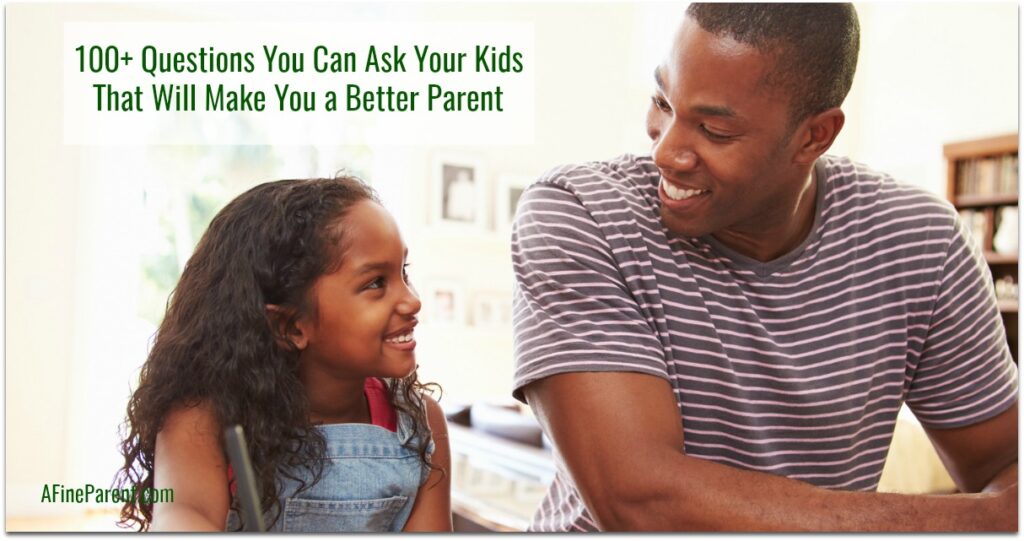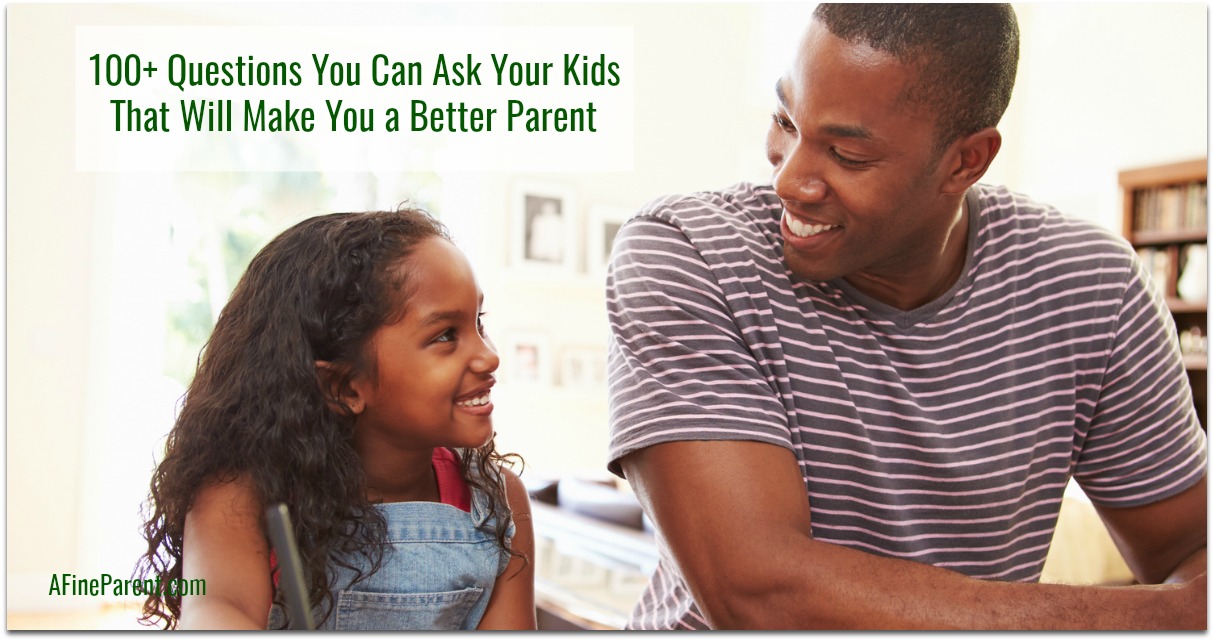
Becoming a Better Parent: Strategies for Raising Happy and Healthy Children
Parenting is arguably the most challenging and rewarding job in the world. The desire to be a better parent is a common aspiration, driven by the profound impact parents have on their children’s lives. This article explores practical strategies and evidence-based approaches to help parents cultivate a nurturing and supportive environment, fostering happy, healthy, and well-adjusted children. It’s a journey of continuous learning and self-improvement, and understanding key principles can significantly enhance the parent-child relationship. The goal is not perfection, but rather consistent effort and a commitment to growth as a better parent.
Understanding the Foundations of Good Parenting
Effective parenting isn’t about following a rigid set of rules; it’s about understanding the underlying principles that promote healthy child development. These foundations include:
- Secure Attachment: Building a strong, secure attachment with your child is crucial. This involves being responsive to their needs, providing comfort, and creating a safe and predictable environment. [See also: Attachment Parenting Styles]
- Positive Discipline: Focusing on teaching and guiding rather than punishment. This includes setting clear expectations, using age-appropriate consequences, and reinforcing positive behaviors.
- Effective Communication: Open and honest communication is essential for building trust and understanding. Active listening, empathy, and clear expression are key components.
- Self-Care: Taking care of your own physical and emotional well-being is paramount. You can’t pour from an empty cup. Prioritizing self-care allows you to be more present and patient with your children.
Practical Strategies for Becoming a Better Parent
Cultivating Empathy and Understanding
One of the most valuable qualities a better parent can possess is empathy. This involves understanding your child’s perspective, acknowledging their feelings, and responding with compassion. Practice active listening by paying attention to both verbal and nonverbal cues. Try to see the world through their eyes, even when you don’t agree with their behavior. This can significantly reduce conflict and foster a stronger connection.
Setting Clear Boundaries and Expectations
Children thrive in environments with clear boundaries and expectations. Consistent rules provide a sense of security and help them understand what is expected of them. Involve your child in the process of setting rules, when appropriate, to foster a sense of ownership and responsibility. When expectations are not met, use age-appropriate consequences that are consistent and fair. Positive reinforcement for following the rules is just as important as addressing misbehavior.
Using Positive Discipline Techniques
Positive discipline focuses on teaching and guiding rather than punishment. This approach emphasizes prevention, problem-solving, and skill-building. Instead of resorting to spanking or yelling, consider using techniques such as time-outs, logical consequences, and redirection. Focus on teaching your child how to make better choices in the future. Remember, the goal is to help them develop self-discipline and responsible behavior. Being a better parent means teaching, not just punishing.
Fostering Open Communication
Open and honest communication is the cornerstone of a healthy parent-child relationship. Create a safe space where your child feels comfortable sharing their thoughts and feelings without fear of judgment. Practice active listening by giving your child your full attention, asking clarifying questions, and reflecting back what you hear. Avoid interrupting or offering unsolicited advice. Encourage your child to express themselves honestly, even when it’s difficult. This will build trust and strengthen your bond. This helps you become a better parent.
Prioritizing Quality Time
In today’s busy world, it’s easy to get caught up in the demands of work and other responsibilities. However, it’s essential to prioritize quality time with your children. This doesn’t necessarily mean spending hours together every day, but rather making the time you do spend meaningful and focused. Engage in activities that your child enjoys, such as playing games, reading books, or going for walks. Put away your phone and other distractions and give your child your undivided attention. These moments of connection will create lasting memories and strengthen your relationship. A better parent makes time.
Modeling Positive Behavior
Children learn by observing the adults around them. If you want your child to be respectful, responsible, and kind, you must model these behaviors yourself. Be mindful of your own actions and words, as your child is always watching. Show them how to handle conflict constructively, how to express emotions appropriately, and how to treat others with respect. Remember, you are your child’s most important role model. Strive to be the better parent they deserve.
Practicing Self-Care
Taking care of your own physical and emotional well-being is crucial for effective parenting. You can’t pour from an empty cup. Make time for activities that help you relax, recharge, and de-stress. This might include exercise, meditation, spending time in nature, or pursuing hobbies. Prioritize sleep, healthy eating, and regular exercise. When you are feeling overwhelmed or stressed, don’t hesitate to ask for help from your partner, family, or friends. Remember, taking care of yourself is not selfish; it’s essential for being a better parent.
Seeking Support and Resources
Parenting is a challenging journey, and it’s okay to ask for help. There are many resources available to support parents, including parenting classes, support groups, and online forums. Don’t be afraid to reach out to other parents, family members, or professionals for advice and guidance. Remember, you are not alone. Learning from others and sharing your experiences can be incredibly helpful. Being a better parent also means knowing when to seek support.
Embracing Imperfection
No parent is perfect. Everyone makes mistakes. The key is to learn from your mistakes and strive to do better in the future. Don’t be too hard on yourself. Focus on your strengths and celebrate your successes. Remember, the goal is not perfection, but rather consistent effort and a commitment to growth. A better parent is one who is willing to learn and grow.
The Ongoing Journey of Becoming a Better Parent
Becoming a better parent is not a destination, but an ongoing journey. It requires continuous learning, self-reflection, and a commitment to growth. As your child grows and changes, your parenting approach will need to adapt as well. Stay informed about child development, parenting strategies, and relevant research. Be open to feedback from your child, your partner, and other trusted sources. Remember, the most important thing is to love and support your child unconditionally. It’s a lifelong commitment to being a better parent.
By focusing on secure attachment, positive discipline, effective communication, and self-care, parents can create a nurturing and supportive environment that fosters happy, healthy, and well-adjusted children. The journey of becoming a better parent is a rewarding one, filled with challenges and joys. Embrace the process, celebrate your successes, and never stop learning. Striving to be a better parent will significantly impact your child’s life and your own. The consistent effort to be a better parent is what matters most. The desire to be a better parent is a noble one.

